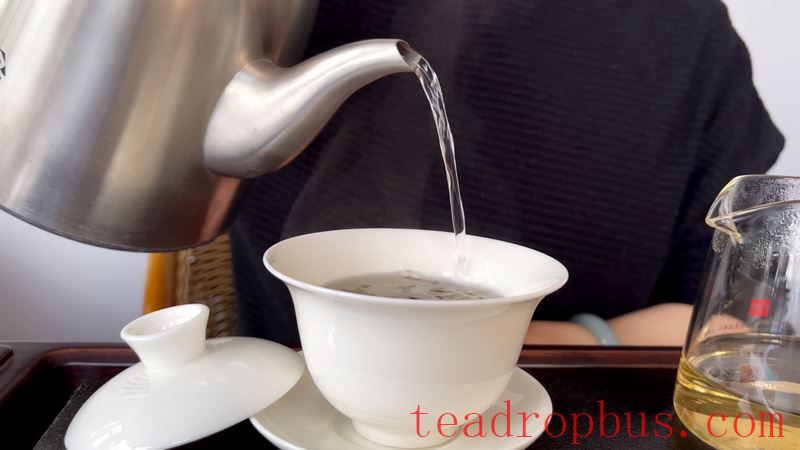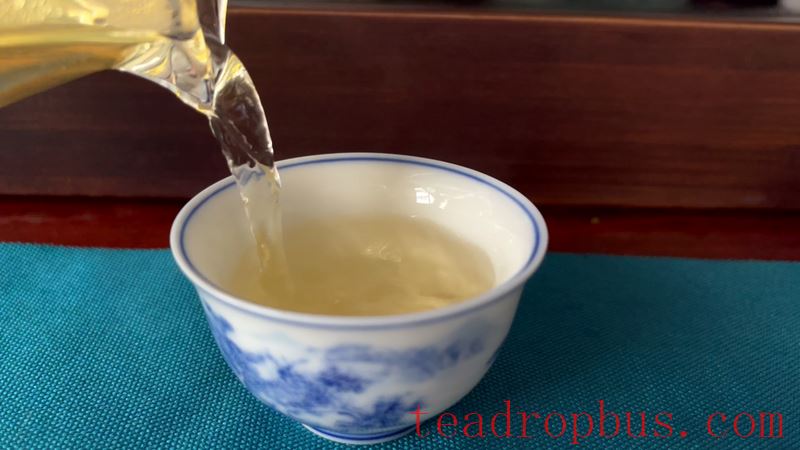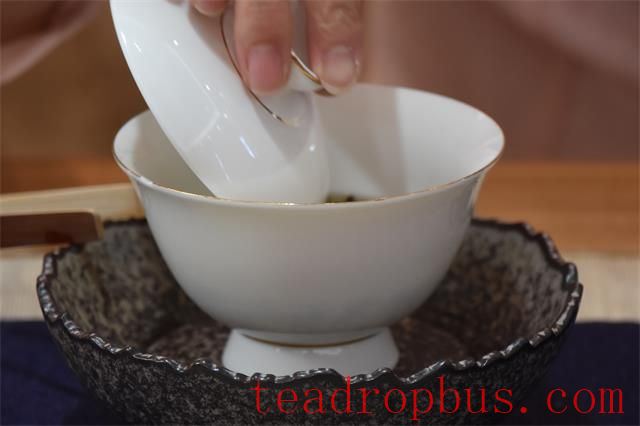Many people believe that washing tea is solely to clean out impurities such as pesticide residues and dust. However, this is not entirely accurate. Pesticide residues are lipophilic substances, and it's not very scientific to think they can be removed with a single rinse of boiling water. In most cases, the primary purpose of “washing tea” is to moisten the tea leaves, achieving the effect of awakening them.

The Purpose of Washing Tea
1. Cleaning
Washing tea mainly targets aged teas and those stored in poor environments, aiming to remove dust. Especially for aged teas, old teas inevitably accumulate dust over time, making a wash necessary.

2. Awakening the Tea
In terms of flavor, the first infusion of tea is usually quite bland because the dry tea has just come into contact with water, and its internal substances have not been fully released. Therefore, washing the tea also serves to awaken it. Under hot water, the tea leaves begin to unfurl, allowing their contents to be extracted. This process is also known as a warming infusion. Aged teas, in particular, require attention to awakening, often needing two rinses to be fully awakened. (Note: This “awakening” is different from the dry storage method used to awaken tea leaves.)

3. Etiquette
Tea is steeped in etiquette and culture. Serving tea to guests is a way to show welcome, and the act of washing tea adds a ceremonial touch, signifying respect for the guests. Serving the first infusion to guests can be seen as disrespectful.
However, not all teas require the step of washing tea.
For fresher, more delicate teas, such as black tea, Silver Needle White Tea, and Peony white tea, the first infusion releases a large amount of rich compounds like tea polyphenols, caffeine, and amino acids—essentially, the essence of the tea. Washing these away would be a pity.
For aged teas that undergo a pile-fermentation process, such as ripe Pu'er, Shoumei, and spherical Oolong teas, a brief rinsing can be appropriate.